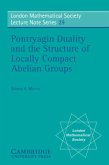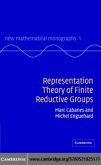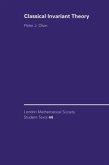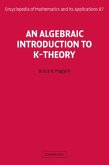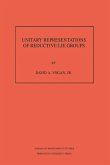Pseudo-reductive groups arise naturally in the study of general smooth linear algebraic groups over non-perfect fields and have many important applications. This monograph provides a comprehensive treatment of the theory of pseudo-reductive groups and gives their classification in a usable form. In this second edition there is new material on relative root systems and Tits systems for general smooth affine groups, including the extension to quasi-reductive groups of famous simplicity results of Tits in the semisimple case. Chapter 9 has been completely rewritten to describe and classify pseudo-split absolutely pseudo-simple groups with a non-reduced root system over arbitrary fields of characteristic 2 via the useful new notion of 'minimal type' for pseudo-reductive groups. Researchers and graduate students working in related areas, such as algebraic geometry, algebraic group theory, or number theory will value this book, as it develops tools likely to be used in tackling other problems.
Dieser Download kann aus rechtlichen Gründen nur mit Rechnungsadresse in A, B, BG, CY, CZ, D, DK, EW, E, FIN, F, GR, HR, H, IRL, I, LT, L, LR, M, NL, PL, P, R, S, SLO, SK ausgeliefert werden.



